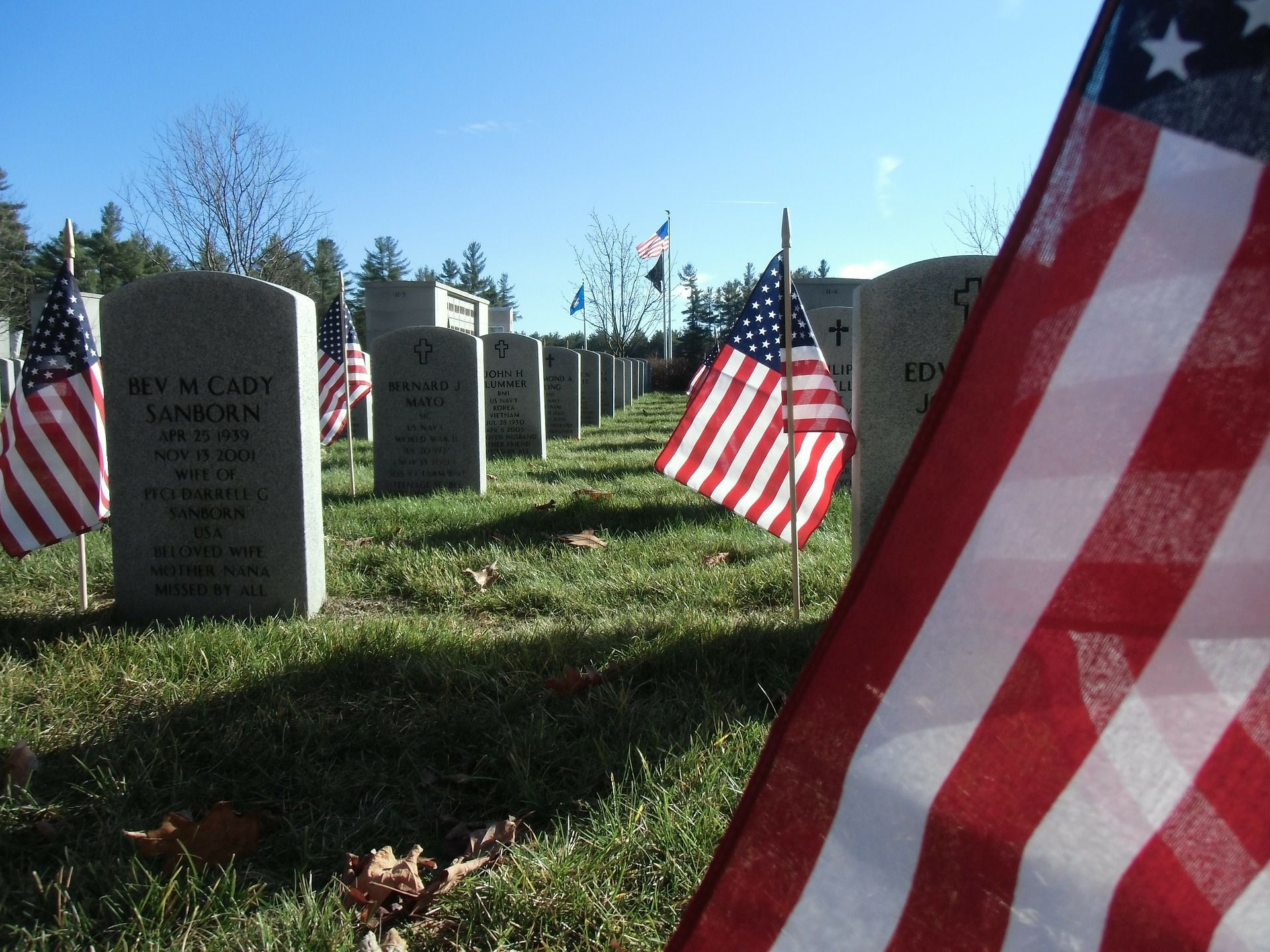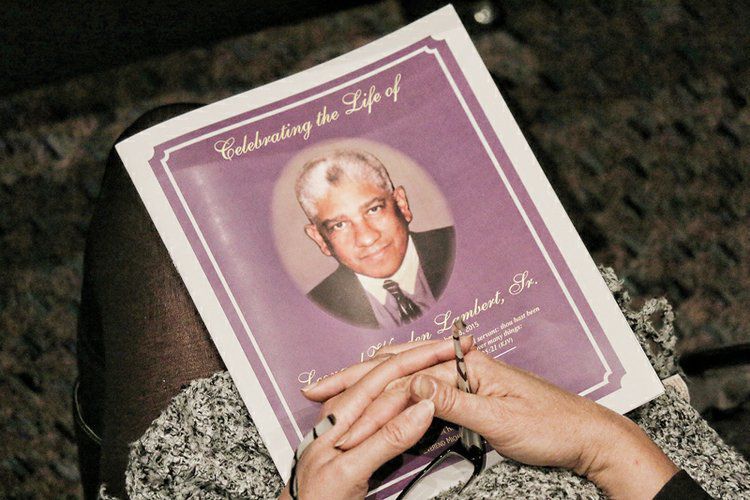The Path of Becoming A Funeral Director
It is important that any funeral director you consider working with has a proper education and background in the industry. Most often, this comes in the form of a degree in mortuary science.
Mortuary science is the American curriculum that prepares students for a career in the funeral industry, most often as a funeral director. The study usually lasts 2 years and participants earn an associate’s degree. There are also four year bachelor’s programs in mortuary science. In selecting a program for mortuary science study, individuals should seek programs that have been accredited by the American Board of Funeral Service Education (ABFSE). Currently, 59 institutions in the US are accredited according to ABFSE standards.
Regardless of the degree earned, all aspiring funeral directors must pass the National Board Exam (NBE) for funeral directors.The NBE is created and administered by the International Conference of Funeral Service Examining Boards. The pass/fail exam is used to ensure that licensed individuals truly possess the necessary knowledge to carry out the duties of a funeral director.
Students will encounter a wide range of topics when studying for a mortuary science degree. Some of the subjects are medical and biological, such as embalming and anatomy, while others are focused on the business of running a funeral home, like business law and accounting. Students will also gain important training ingrief psychology and managing grieving families.
Some states also require that a funeral director complete an additional one to three years of apprenticeship before earning a license. Candidates will become certified as apprentices by their state’s board of morticians and funeral directors. They will work beneath a licensed funeral director and learn the ropes of the industry while earning a salary. Often, this is a time where candidates are faced with the true challenges of the industry, including sometimes erratic work hours and an emotional toll. This apprenticeship period allows candidates to solidify their interest in this line of work and be sure they want a career in mortuary science.
After passing the NBE and potentially working as an apprentice, the final step for funeral director candidates is earning a state license to practice mortuary science. Licensing requirements vary from state-to-state, but nearly all require an associate’s degree in mortuary science at the minimum. It’s important to note that licensure is not required for a funeral director or the employees of a funeral home.
It is clear that a licensed funeral director has worked hard to learn the best way to care for the deceased and grieving families. The funeral industry is not a career that one enters into lightly. It requires extensive planning, preparation and study. All of the funeral directors at Hutchison Funeral Home have degrees in mortuary science. As a family operation, we are proud to provide this level of high-quality, in-depth education and preparation to our clients.




